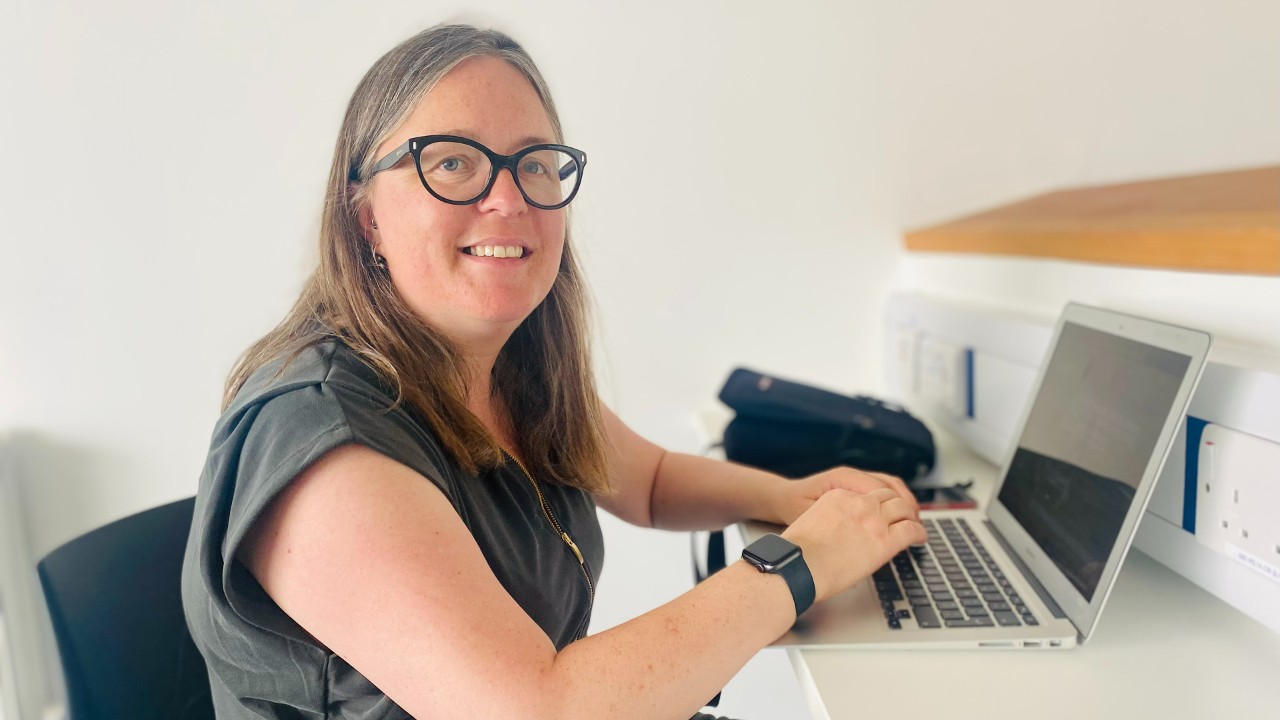Fascinated by medicine and disease from a young age and after obtaining a degree in Cellular and Molecular Pathology and a PhD from University of Bristol, Emma has spent her career working in research, evaluation, service improvement, and development in the field of health and social care.
My career has been quite varied, working in the NHS, academia, and private sector, however, there has always been a common theme running throughout. All these roles have been about wanting to make a difference; whether it has been improving understanding of disease, improving services for patients, enhancing access to evidence to inform decision-making - it’s all about improving people’s lives.
Dr Emma Gibbard joined the Research and Innovation Services (RIS) team as a Research Impact Manager at the University of Bath in 2017 from the NHS where she was Head of Evaluation for four years. In this role, she was responsible for championing the use of evidence to inform decision-making (including from research), with a particular focus on building evaluation into services, projects, and programmes.
I was looking for a new challenge and learning opportunity where I could apply my experience of working in and across many organisations (NHS, academia, voluntary sector, industry, networks etc) alongside my knowledge of evaluation, into a new area.
As Research Impact Manager, Emma’s role is to help to embed research impact across the institution. To do this she collaborates with colleagues across the University, bringing together their experience and expertise, to champion research impact, build knowledge and skills to plan for, evidence and achieve impact, as well as inform University processes and systems to support research impact.
Emma relishes the variety in her current role which sees her supporting all three faculties and schools with impact and almost any area of research you can think of. Her role is diverse and includes helping researchers to embed impact across the research life cycle.
Emma helps to plan for impact and embed it into research grant applications, projects, and programmes. She offers 1:1 support or training; gathers evidence of impact through funding or conducting desk-based research, interviews, and evaluations; and shares stories of impact through impact case studies.
For example, for the last few years, Emma has been supporting the development of impact case studies for the University of Bath’s Research Excellence Framework (REF) submission. This involved collaborating with Professional Services staff, Associate Deans for Research, and Impact Case Study Authors to help identify, shape, and write sixty-three case studies.
One of my next projects is to review all the REF case studies to better understand what the most effective mechanisms are to gain impact.
